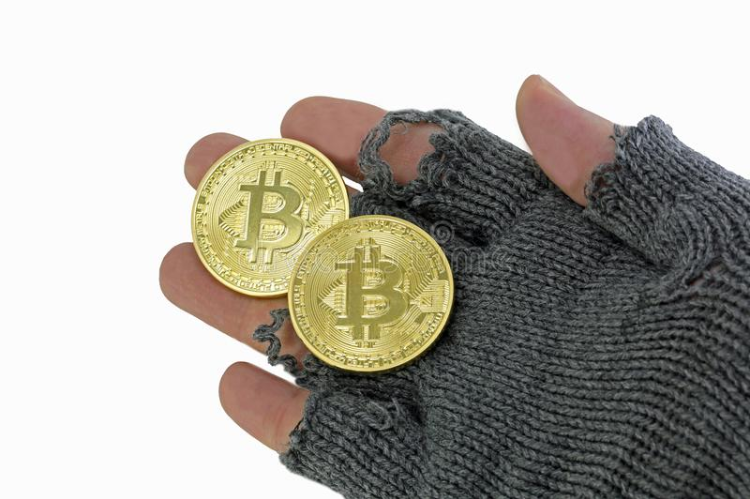Can Bitcoin Benefit a Dollar-Poor Person?

People have regarded cryptocurrencies, like Bitcoin, as financial instruments created to benefit the wealthy in developed countries. While high-profile investment managers and global corporations lead in Bitcoin adoption, there is also sufficient evidence that this cryptocurrency can play a critical role in alleviating global poverty. So, here are some reasons why bitcoin will benefit the less fortunate. Furthermore, if you are thinking of earning, there are numerous efficient platforms, such as bitqt, that can help you become a successful trader.
Property Owner Accountability and Transparency
One of the benefits of cryptocurrencies is that they promote accountability and transparency in all transactions. As a financial asset, Bitcoin will transparently enable more people to own property. Financial transparency is one of the most significant barriers to poor people owning property. However, the blockchain technology used by Bitcoin ensures transparent ownership and transfer ledgers.
The ability of Bitcoin to provide less fortunate people with property ownership is one way to end poverty. Blockchain technology only requires a smartphone, which is widely available in developing countries today. As a result, even low-income families can quickly sign up for Bitcoin and begin acquiring property.
Transaction Fees are Relatively Lower
Traditional financial institutions and credit companies are quickly adopting blockchain technology. Its primary benefit is that it significantly reduces transaction fees. Bitcoin transactions rely on blockchain technology rather than third parties, which banks and lenders typically use. They appoint an intermediary to oversee the exchange process in almost every transaction.
Using third parties for fiat currency exchange takes a long time and comes with additional premium risks due to high transaction fees. Bitcoin solves this problem by eliminating all intermediaries. And this ensures faster transactions at a lower cost, allowing anyone to easily shop at retail stores using Bitcoin. Because of the lower transfer fees, they can own property without incurring a significant financial burden.
Capital Flow Unrestricted
Governments in developing economies typically enact laws and regulations to limit capital movement in and out of their borders. As a result, many individuals lack access to assets. Unlike fiat currencies, bitcoin is a decentralized online currency without geographical restrictions.
Furthermore, no government, central bank, or even the creators of Bitcoin can influence its supply. The underlying protocol is the only factor that determines Bitcoin's supply. As a result, Bitcoin limits governments' and politicians' ability to influence the flow of money.
Because of Bitcoin's decentralization and lower transaction fees, people can quickly transfer small amounts of money and acquire goods and services anywhere in the world. The cheaper international transfer of funds will improve access to capital, which is critical to ending poverty.
Enhanced Financial Inclusion
A lack of good education opportunities, high unemployment rates, and poor living standards are some of the characteristics shared by poor communities. And this keeps them isolated from most of what happens in developed countries. Bitcoin does not necessitate advanced technical skills other than a digital device such as a smartphone and internet access.
Because many people in low-income communities now have a primary education, smartphones, and internet access, they can easily engage in Bitcoin transactions. And this promotes financial inclusion by allowing the least educated and unemployed to access capital and trade.
Bitcoin has up to 8 points of divisibility. One Bitcoin is easy to divide into smaller units than any other currency. And this ensures global distribution, allowing even those with less than one Bitcoin to conduct day-to-day transactions.
In general, there are still concerns about Bitcoin, such as security and regulation. It is, however, a revolutionary financial instrument with more significant potential to foster economic growth and development in poor communities and favor individuals.